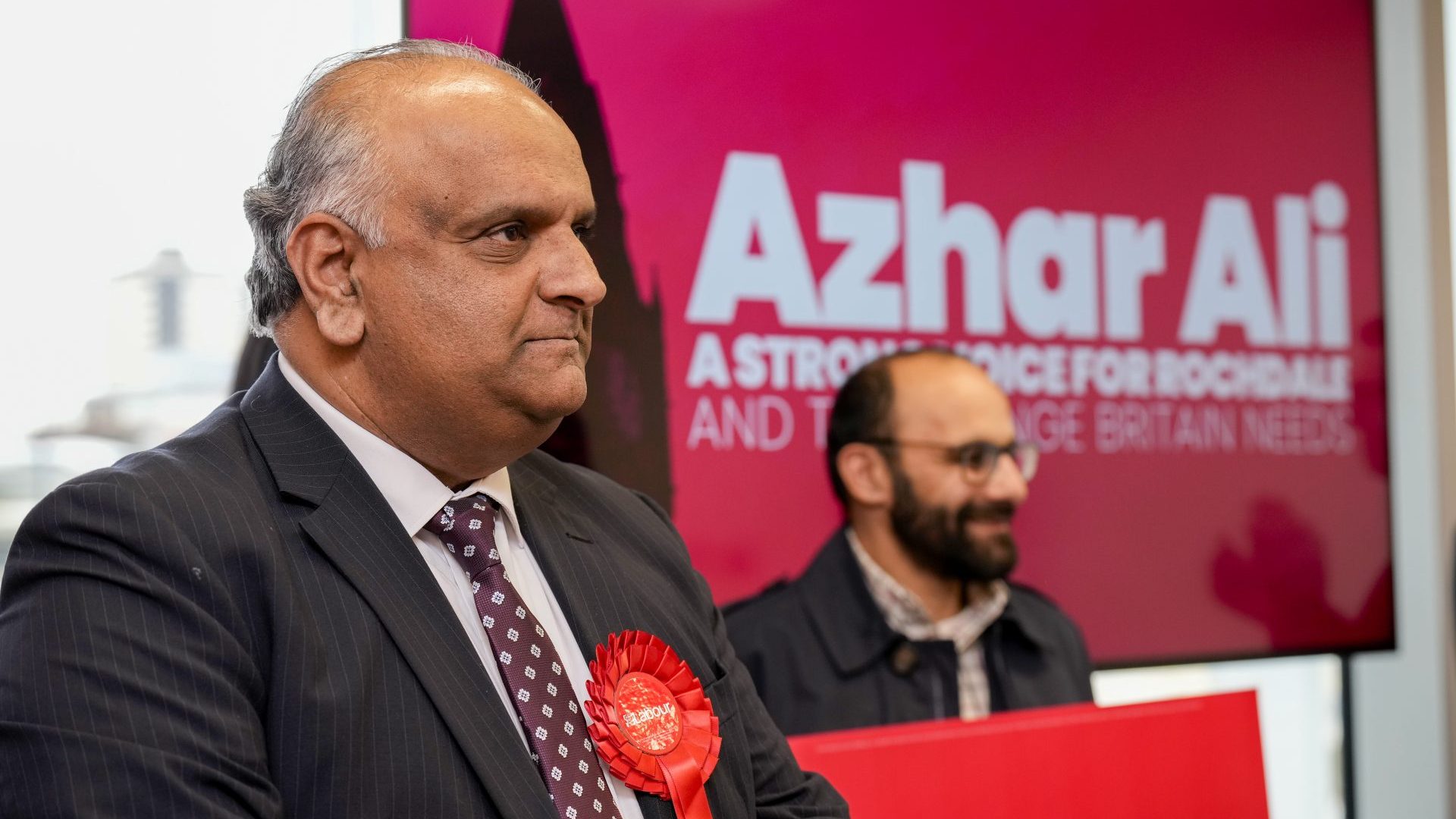Labour is facing an unnecessary by-election defeat after the party’s HQ badly mishandled an antisemitism scandal surrounding one of its parliamentary candidates. No, you haven’t accidentally clicked a story from 2019 – instead, Starmer’s administration, which usually tried to evoke the Blair era, has fallen a bit short and got us back into the worst of Corbynism.
Corbyn’s fans often allege that Starmer has a much easier time on antisemitism than his predecessor did – but that has generally been because the facts are much better on this issue in Starmer’s favour. He has far fewer awkward historical comments to explain away, far fewer pictures that tell thousands of words (few of them good), and has not had to make weak excuses for endorsing antisemitic murals.
Starmer did, however, inherit the mantle of the Labour leadership with trust in the party at an all-time nadir with Britain’s Jews, and working to regain the trust of that community has been a slow process – with some feeling that supposed “allies” in the media did indeed stop caring about the issue as soon as Corbyn was out.
All of which meant that when Labour was approached ahead of the publication of grossly offensive comments by Rochdale by-election candidate Azhar Ali, they should have been on the highest of alerts from the very start. Instead, they botched the handling of the incident from beginning to end.
Given quite how offensive Ali’s remarks were – suggesting Israel had “deliberately” allowed the slaughter and kidnap of its own citizens – and how recent the atrocity they belittled occurred, suspension of Ali as a member and the suspension of central office support for his campaign was the minimum the party should have done immediately.
But the timing of the story was a big headache for Labour – the story emerged shortly after the candidates for Rochdale were locked and Ali couldn’t be replaced on the ballot. This should have put head office (and Starmer’s office) on extra-high alert, suggesting that someone involved in producing the story knew exactly what they were doing, and that revelations were being timed to maximise the damage.
Instead, it set them to looking how they could minimise the incident so that they could still keep Ali as an official candidate and thus hold the seat – even if it will be contested again at a general election in just a few short months.
The result was that Ali and the party coordinated an apology and the usual promises to speak with community groups and learn from the “mistake”. This incredibly uncomfortable position – and its associated implication that suggesting the October 7th attacks were some kind of inside job isn’t grounds for suspension as a Labour member – was reinforced by frontbenchers in the following days, giving excruciating media interviews defending Ali and the party’s handling of the incident.
This was unspeakably stupid. If someone is willing to tell a room of party members that Israel “deliberately” let October 7th happen, you can bet any amount of money that they will have said something offensive on another occasion. With more than two weeks to go until Rochdale’s 29th February polling day, every Conservative opposition researcher and every journalist had no shortage of time to find that comment.
As it happened, that wasn’t needed – because predictably enough the Mail had been holding back the full audio of the meeting in which Ali made his offensive comments, and (surprise, surprise) he had made further offensive comments in that same meeting. That Labour’s senior press people and advisors didn’t see that extremely predictable development coming does not speak well for their basic competence. On Tuesday afternoon, Labour suspended a second parliamentary candidate for his comments at the very same local meeting as Ali, once the audio had also been obtained by the Guido Fawkes blog.
Thanks to its amateurish management of this case, Labour has raised the amount of attention on Rochdale while doing nothing to reduce its chances of losing the seat. It has embarrassed several of its frontbenchers, and it has damaged the fragile and slowly-recovering ties it has with the Jewish community.
This is the second needlessly botched media operation by Starmer’s operations in a month, following hot on the heels of the £28 billion fiasco. In both instances questionable substantive decisions were made worse by bad party and media management.
Neither is likely to cut through in the polls in the short- or medium-term, but they are rightly starting to alarm people within the party and people friendly towards it – opposition is much, much easier than being in government. To see such basic mistakes from an uninspiring leadership that is grounding its case in competence is alarming. Starmer needs to get a grip, and fast.










